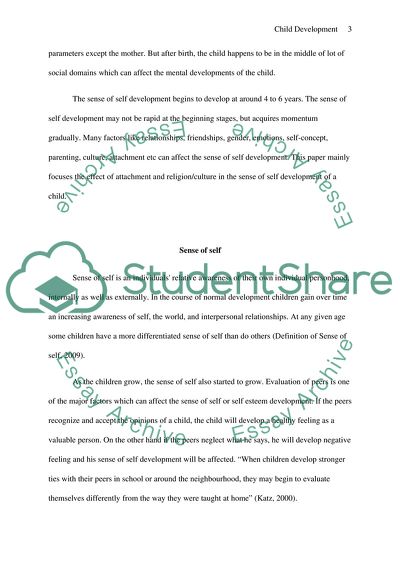Cite this document
(Factors Affecting Sense Of Self Development In A Child Case Study, n.d.)
Factors Affecting Sense Of Self Development In A Child Case Study. Retrieved from https://studentshare.org/sociology/1731619-explore-how-a-child-develops-a-sense-of-self-by-critically-examining-the-factors-which-may-impact-on-this-development
Factors Affecting Sense Of Self Development In A Child Case Study. Retrieved from https://studentshare.org/sociology/1731619-explore-how-a-child-develops-a-sense-of-self-by-critically-examining-the-factors-which-may-impact-on-this-development
(Factors Affecting Sense Of Self Development In A Child Case Study)
Factors Affecting Sense Of Self Development In A Child Case Study. https://studentshare.org/sociology/1731619-explore-how-a-child-develops-a-sense-of-self-by-critically-examining-the-factors-which-may-impact-on-this-development.
Factors Affecting Sense Of Self Development In A Child Case Study. https://studentshare.org/sociology/1731619-explore-how-a-child-develops-a-sense-of-self-by-critically-examining-the-factors-which-may-impact-on-this-development.
“Factors Affecting Sense Of Self Development In A Child Case Study”, n.d. https://studentshare.org/sociology/1731619-explore-how-a-child-develops-a-sense-of-self-by-critically-examining-the-factors-which-may-impact-on-this-development.


